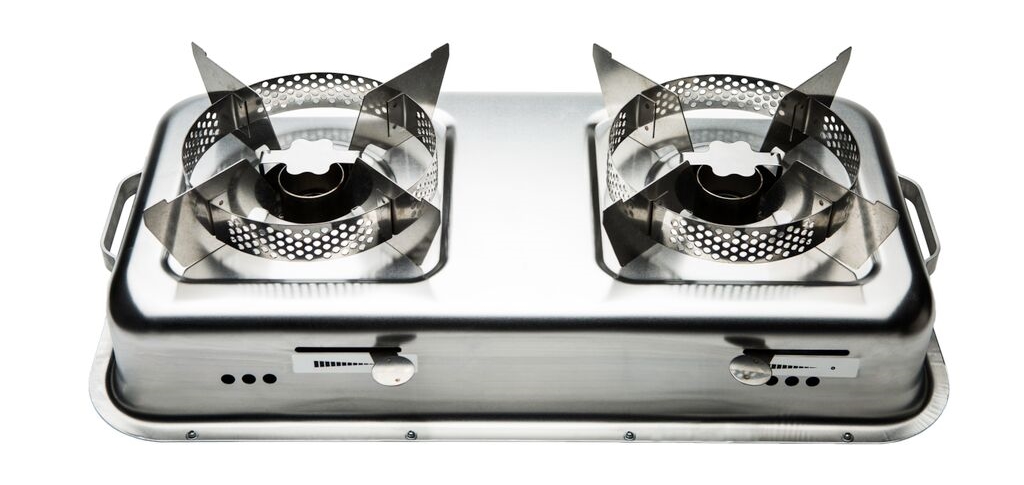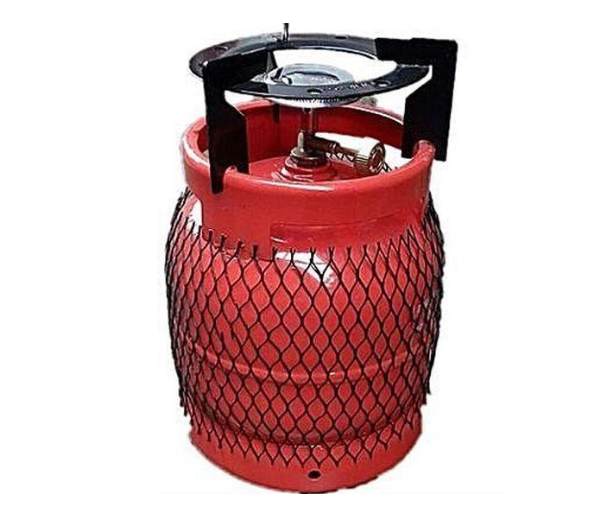CLEAN FUEL-COOK STOVE (CF-CS) PROJECT
Project Details
The “Community Mobilization for Improved Clean Cookstove Uptake, Household Air Pollution Reduction, and Hypertension Prevention” project [HL1570091] is a collaborative implementation science research initiative that seeks to address the critical public health issue of household air pollution (HAP) in Lagos, Nigeria.
Objective
The overarching goal of this project is to increase the adoption of improved cookstove technology (ICS), reduce household air pollution (HAP) and improve cardiovascular health outcomes, particularly systolic blood pressure, among low-income households in Lagos, Nigeria.
The study aims to leverage community mobilization (CM) to foster the sustainable adoption of CF-CS technologies in peri-urban communities across Lagos, Nigeria. It uses the EPIS (Exploration, Preparation, Implementation, and Sustainment) framework in a type-2 hybrid design. The research is divided into three key phases: pre-implementation, implementation and post-implementation.
Coverage and Scope
The project is being implemented in 32 communities across the five divisions of Lagos, Nigeria, to ensure a comprehensive and representative assessment of clean fuel and clean stoves (CF-CS) usage, while offering insight on uptake and sustainability.
Types of Clean Cookstoves
- CF-CS Ethanol Stove

- LPG Cookstove

Organizational structure
- DSMB (Data and Safety Monitoring Board)
- Steering Committee
- NYU support team
- U-Chicago team
- LASUCOM research team
- Implementation team (LGA Health team – community health officers (CHOs), community health extension workers (CHEWs), health education officers (HEOs), environmental health officers (EHOs) and community mobilizers)
MILESTONES ACHIEVED
- Phase 1 Completion
- Development and pilot testing of a culturally tailored CM Strategy
- Development of aerial maps for all 32 selected communities
- Implementation rollout at study sites for both intervention and control sites
- Successfully launched study in peri-urban communities
- Data collection ongoing (baseline, follow-up and sustainability)
- Continuous data monitoring using stove usage monitors and health metrics.
- Awarded and implemented a supplemental study on black carbon measurements in study households.
EXPECTED OUTCOMES AND IMPACT
- Increased Adoption of CF-CS
- Improved Cardiovascular Health
- Sustainable Behavior Change
© 2025 CF-CS STUDY All Rights Reserved